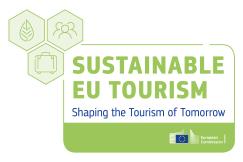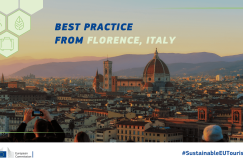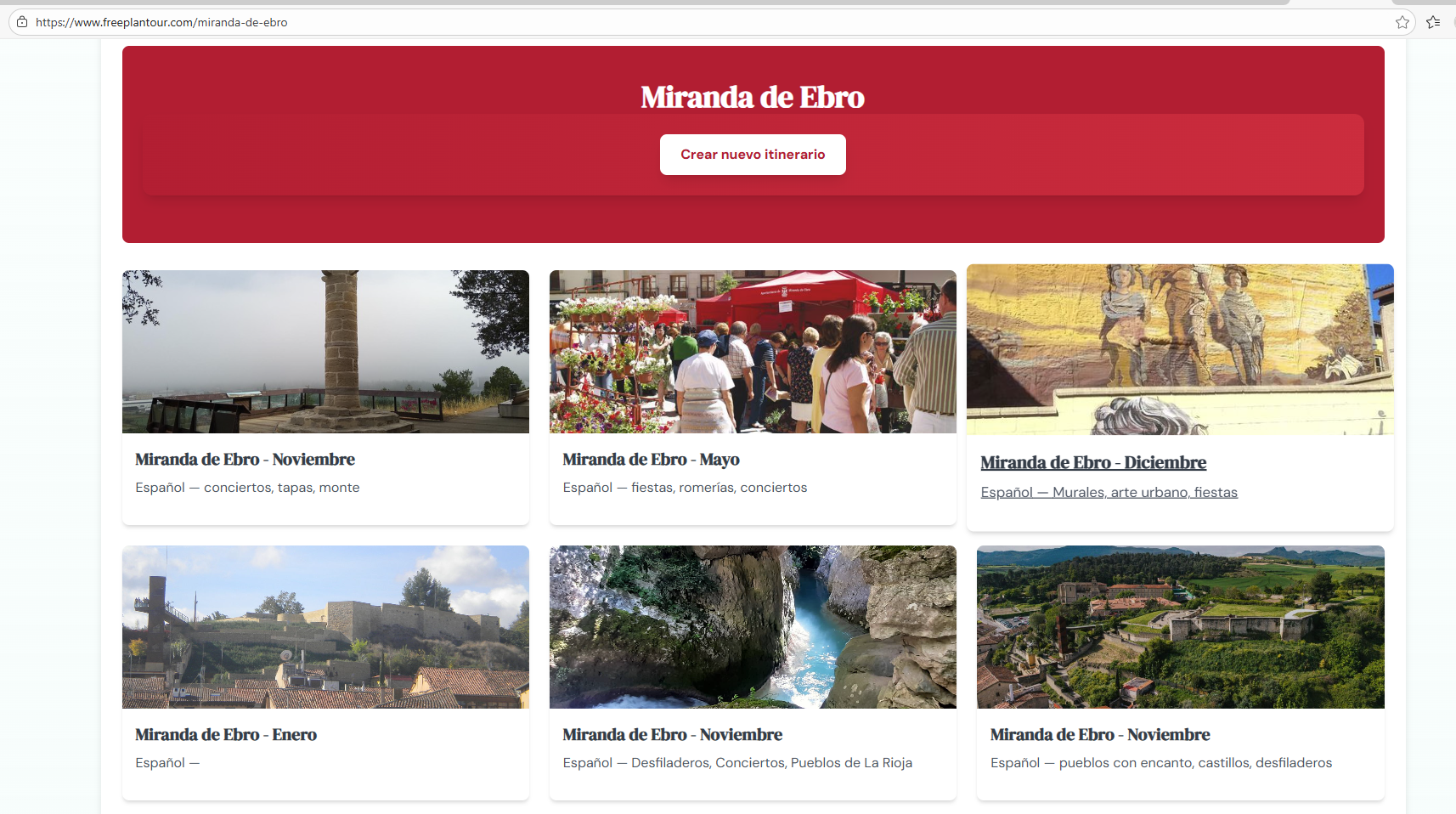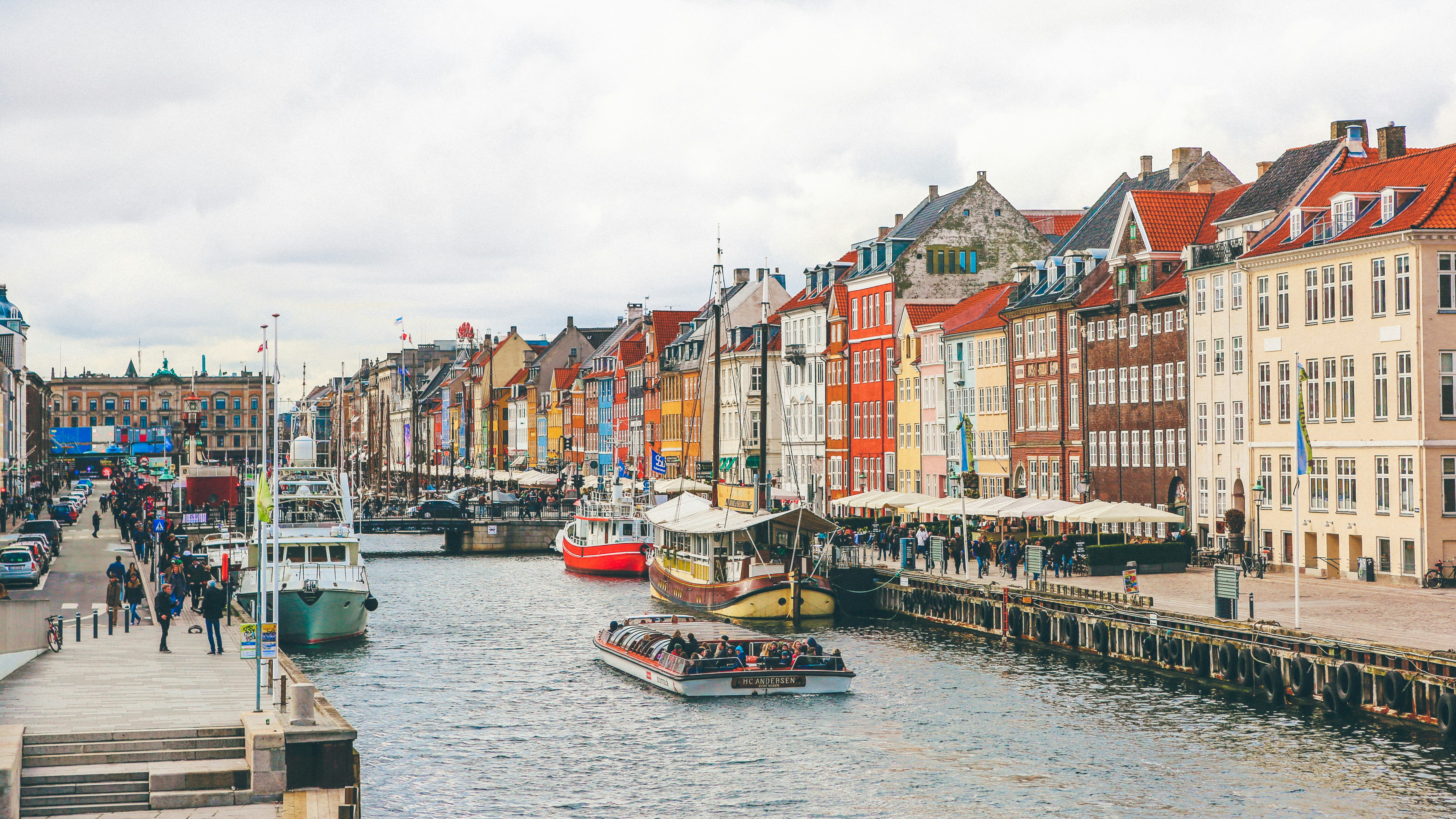Best practices
31 July 2025
Sustainable EU Tourism project - best practice: Lika
Best practices
31 July 2025
Cultural tourism
Ecotourism
Gastronomy tourism
+6 more
Login / create an account to be able to react
-
22
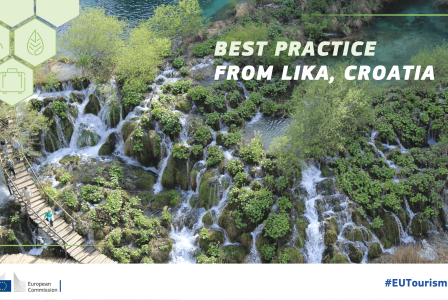
Lika, Croatia, tackled population decline by boosting tourism centred on traditional farms, cuisine, and crafts. By supporting local producers and introducing a regional quality label, the region enhanced tourism’s added value while preserving its heritage. This authentic gastronomic tourism helped develop rural areas and strengthen local traditions
Sustainable EU Tourism project
Topics
Croatia
Destination Management & Marketing Organisations
NGOs / Non-profits
-
Specific types of tourism
-
-
Cultural tourism
-
Ecotourism
-
Gastronomy tourism
-
Rural tourism
-
-
Transition Pathway Strategic Areas
-
-
Best practices, peer learning and networking
-
Green Transition of Tourism Companies and SMEs
-
Skills needs for twin transition
-
Training opportunities
-
-
Business activities
-
-
Other
-
Share
Lika, Croatia, has been recognised as a best practice by the Sustainable EU Tourism project for its successful development of a sustainable tourism model that strengthens local value chains and promotes regional identity.
Triggered by the establishment of the Lika Destination Cluster in 2017, the region built a coordinated strategy to connect tourism with local agriculture, crafts, and gastronomy.
Through the introduction of the Lika Quality label, namely a state-recognised certification, traditional products meeting high standards of quality and sustainability were brought to market, securing local jobs and preserving cultural heritage.
The destination supported producers through dedicated training, 1:1 consultations, and networking with tourism businesses, while also creating strong visibility for local products through a dedicated shop in Plitvice Lakes National Park, Croatia’s most visited tourist site. Further efforts include the development of a quality label for restaurants and an online catalogue to share sustainable tourism ideas.
Lika’s experience demonstrates how rural destinations can foster inclusive tourism development through grassroots coordination, regional branding, and support for small producers - building resilience and recognition at both national and international levels.
For more details on the key challenges the destination has faced, and the solutions implemented to address them, please refer to the attached document.
Documents
Comments (0)
Related content
See also
Sustainable EU Tourism - Key challenges and best practices
- Categories
- Coastal, maritime and inland water tourism Cultural tourism Ecotourism +64 more
Platform for creating accessible and multilingual itineraries with voice assistant
- Categories
- Coastal, maritime and inland water tourism Cultural tourism Ecotourism +64 more
Nudge My Tour: Completed initiative for enhancing sustainable tourism through behavioral science
- Categories
- Coastal, maritime and inland water tourism Cultural tourism Ecotourism +17 more


